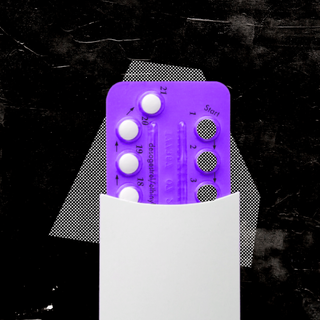The nagging colleague who comes with pictures of their pets or derails the workflow with their five-second chats, is a trope common to most offices. A new study proposes that these disruptions may play a role in creating a sense of belonging at work and can even lead to higher job satisfaction.
An important distinction to make here is the idea of work interruptions and social interruptions. Perhaps, being asked for a stapler or why one component in one report doesn’t add up to any satisfaction; instead, it diminishes people’s mental resources and reduces job satisfaction. On the other hand, social interactions like water cooler conversations and being asked to go on smoke breaks work in favor of boosting employees’ sense of belonging.
“We find that interruptions can actually benefit individuals from an interpersonal perspective — people feel like they belong when others come and talk to them or ask them questions, even while being distracted from their tasks,” said Heather C. Vough, a professor at George Mason University in the U.S. and one of the study’s authors.
The study, published this month in the Journal of Applied Psychology, surveyed 111 full-time employees twice a day for three weeks — asking them about their experience at work (before and after lunch), work interruptions, how mentally drained they felt, and overall job satisfaction.
And while the survey size is small and may not account for diversity in terms of ideological preferences and gender, it raises interesting questions about what the office means to people and if the social capital can be replicated.
“If the past year of social distancing and isolation has shown us anything, it is that humans are social beings who have an inherent need for interacting with others,” Harshad Puranik, Ph.D., an assistant professor at the University of Illinois at Chicago and the study’s lead author, said.
Related on The Swaddle:
What Do We Lose When We Don’t Inhabit Physical Spaces Like Offices, Universities?
Naturally, the idea gains importance in a work-from-home scenario or even one where staggered openings and hybrid work schedules are gaining precedence. For people who have joined their first jobs online or changed jobs during the pandemic, the social interruptions feed into their idea of belonging more so than others.
The interruptions natural in a workspace, like seeing someone and talking to them or the water cooler conversations, are all spontaneous. And while they may chip away at people’s time and productivity, they help to embed a worker in the job setting and increase satisfaction in the long run.
These “run-ins” don’t really translate in the digital space, however. Many people note how things online are more conscious and transactional; stolen moments allowed before by the virtue of being in the same space are now redundant.
Interestingly, what the research also found was “the sense of belongingness mitigated the negative effect of interruptions on job satisfaction.” Feeling included in lunch or post-work plans, or even virtual cool-down sessions, rounds off the experience of working.
“Thus, interruptions at work may have gotten a bad rap due to a failure to consider their human element,” Vough said.
Experts have noted individuals tend to derive meaning from jobs or particular tasks through interactions with other people, or even from the purpose of organization — both factors also influence job satisfaction and productivity. In bacterias, there is a phenomenon called “quorum sensing.” “Bacteria don’t exhibit their behavior until they know that there’s a minimum set of similar bacteria nearby. Each one emits a signal molecule with a signature unique to the type of bacteria. If they begin receiving a lot of signals, they then turn on their behavior,” Vinod Kumaar wrote in RecruiterBox.
But disrupting social interaction may not help everyone. Neurodivergent people, for instance, may not prefer to be constantly bombarded with interruptions or noise. Perhaps that’s why the work-from-home setup has helped increase productivity for some people too.
Satisfaction stems from a mix of psychological, physiological, and environmental factors; each one forms a piece of the puzzle of how people can be happier, have better mental health, and even be more productive at work.
The premise of the office has endured existential questions since the start of the pandemic. And while experts weigh in about productivity, inclusivity, and ruminate about the future of work, the idea of prioritizing social interaction, even if a little irksome, is important.
The answer, then, is not to remove interruptions — but give employees more leeway in choosing when and where they work from, how they schedule their work, and what gives meaning to their jobs.




